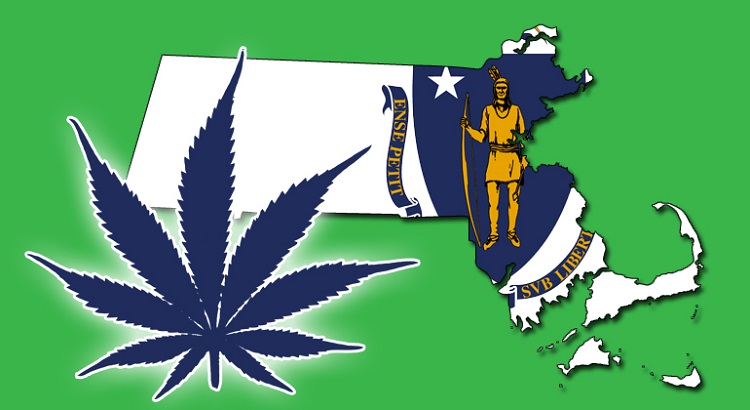Study: Cannabis businesses in Massachusetts forced to pay $2.5 million in unlawful fees
A new study funded by the Massachusetts Cannabis Business Association was recently unveiled during a legislative committee hearing on cannabis reform. The findings indicate that cannabis companies in Massachusetts have spent a staggering $2.46 million in unlawful fees.
This amount, according to the study, is more than is lawfully authorized under “host community agreements” (HCAs). Lawmakers are now contemplating measures to increase oversight and the implementation of host community agreements; which were previously being probed by federal prosecutors.
Carried out by Jeffrey Moyer of the McCormack Graduate School of Policy and Global Studies at the University of Massachusetts Boston and published on Tuesday, May 11, the study restates the need for cannabis reform.
“A significant proportion of the agreements we analyzed required additional payments from businesses beyond the legal limit, amounting to an excess of at least $2.46 million whether through reimbursements, local charity donations, so-called ‘community benefit payments,’ or donations of employee time to education efforts,” explained Moyer.
Cannabis businesses and industry lobbyists have long fought against the maximum three percent of gross sales that is requested by municipalities as a community impact fee. Such fees are demanded without proof of a company’s actual costs, not to mention a hefty amount of donations and various other payments
“The Commonwealth’s failure to clearly enforce the law around host community agreements has resulted in a regulatory state where legalized extortion is the norm,” the President and CEO of the Massachusetts Cannabis Business Association, David O’Brien, announced in a news release. “Cannabis businesses are happy to pay their fair share of reasonable municipal costs related to their operation, but municipalities can’t just ask for a blank check with no accountability,” he added.
Based on a January 2019 study carried out by a Boston law firm, almost four out of five “host community agreements” were technically illegal.
Minority-owned businesses are struggling with community impact fees in Massachusetts
A major point of discussion during the hearing centered around the impact that host community agreements have on small and minority-owned businesses. Small-scale companies typically lack the funds required to launch and operate a cannabis business, thus making it more difficult to afford community impact fees.
Rep. David Rogers, who previously served as the former chair of the Joint Committee on Marijuana Policy, shared his views at the event. He claims that he was under the impression that the Cannabis Control Commission already maintained authority to impose laws controlling host community agreements. However, he did not approve of cities or towns charging anything above three percent.
A measure approved by the Massachusetts House in February 2020 would have enabled the state’s Cannabis Control Commission to provide oversight and enforcement authority over the contracts. However, the coronavirus crisis postponed any legislative movement from taking place. In an attempt to push things in the right direction, lawmakers have since filed nine new bills.
Hearings saw attendees discuss host community agreements in Massachusetts
A total of 460 host community agreements were reviewed during the hearing on May 11. The hearing spotlighted nine bills regarding host community agreements.
During the meeting, participants focused their attention around the subject of legislation, which the House attempted to address after passing the mentioned legislation in February of 2020. However their attempts were overpowered by attendees who were more interested in discussing the COVID-19 pandemic.
A significant portion of the nine bills, such as the House-approved bill, clarify that payments should not exceed three percent of a cannabis company’s gross sales. Moreover, the House-approved bill contains an element that would ensure the Cannabis Control Commission first reviews and enforces terms of host community agreements in Massachusetts.
The report also demonstrates how various agreements have violated the law. In summary, Boyer’s report suggests that 61 towns in Massachusetts agreed to some type of agreements that, in addition to the three percent impact fee, required additional donations. All things considered, the financial blow amounts to $998,000.








